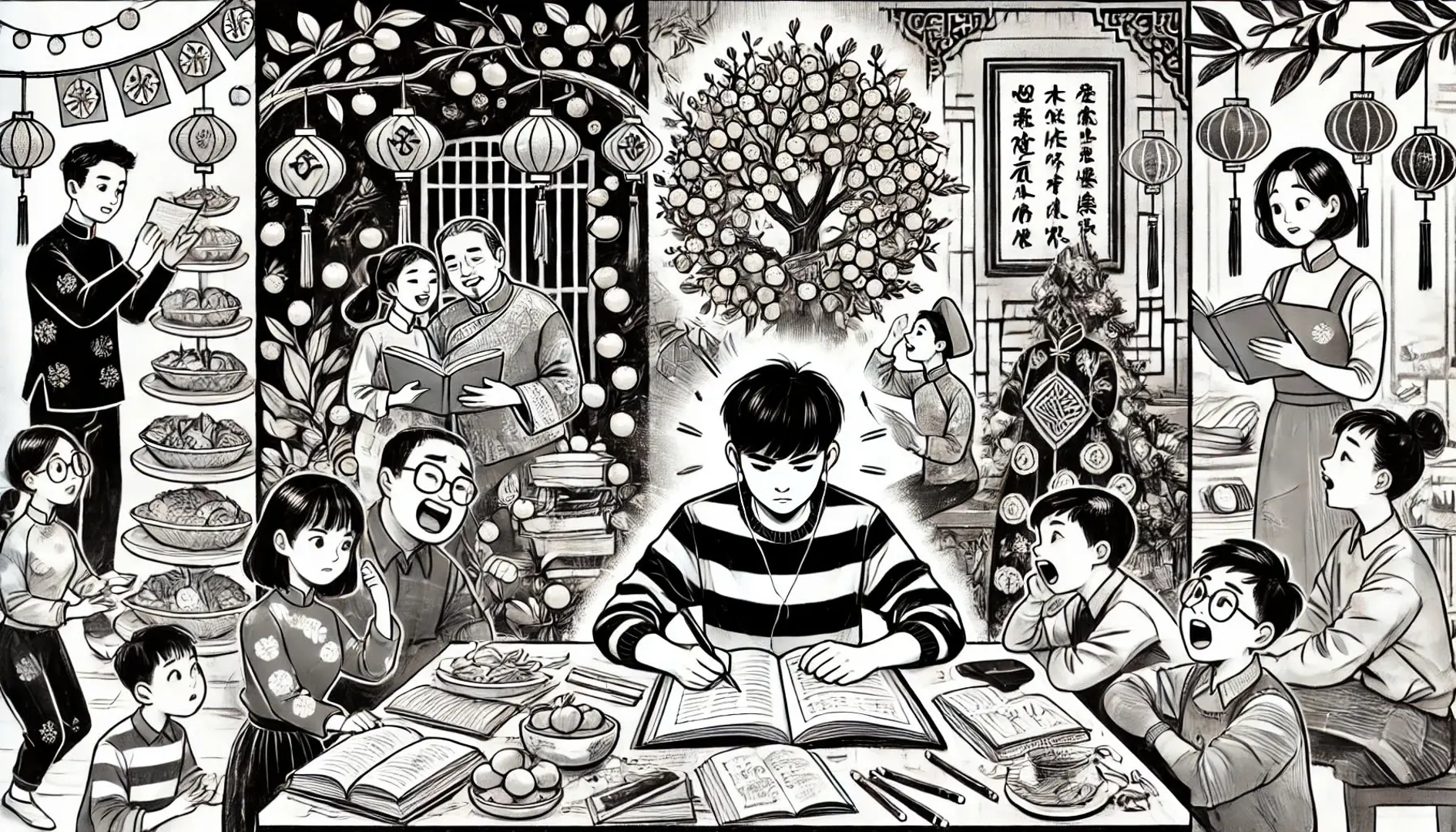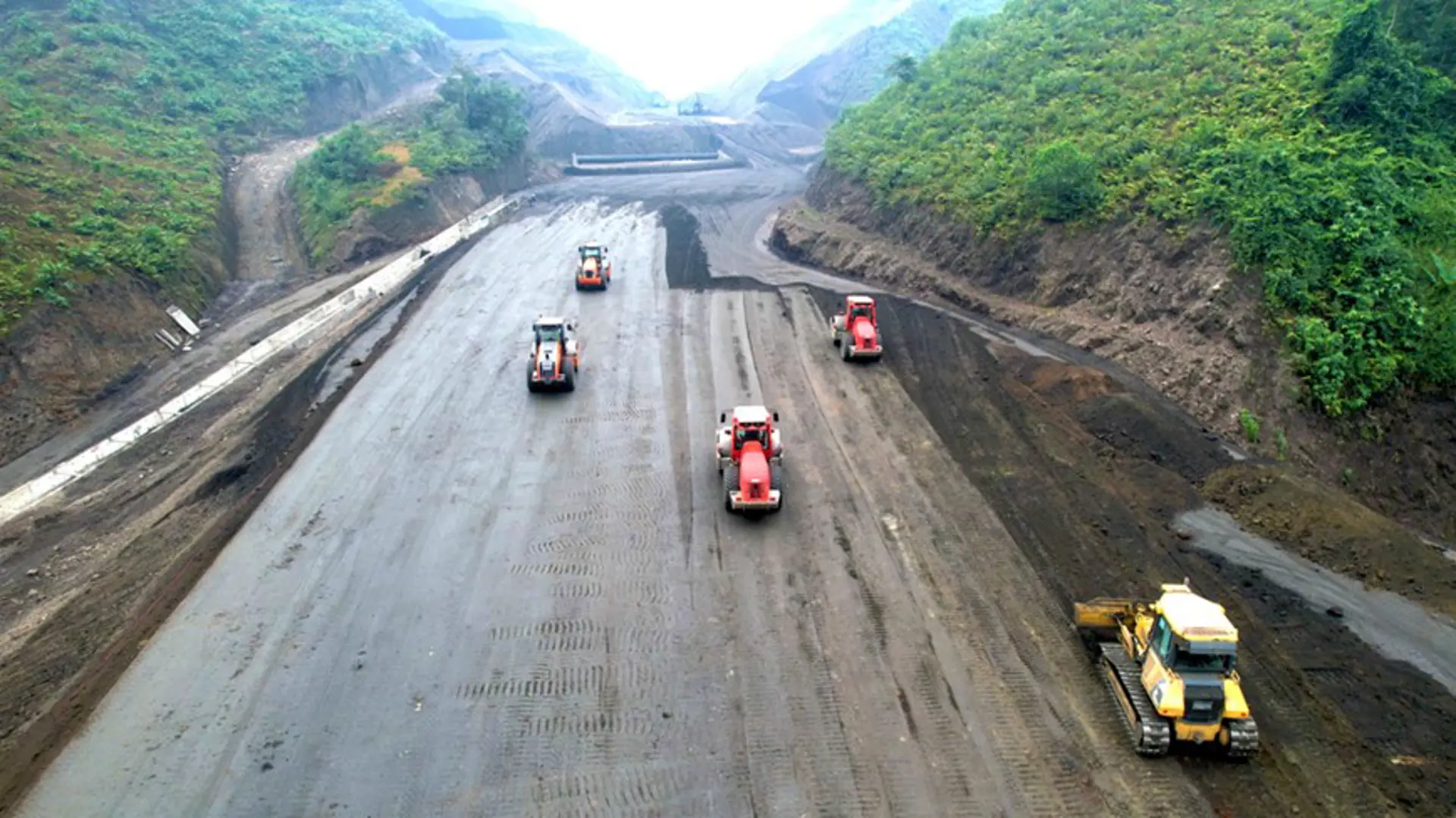Women and girls are empowered to make their own decision
Ending gender-based violence (GBV) and harmful practices such as child marriage and son preference remain critical.
International Women’s Day is an opportunity to celebrate our collective achievements towards full gender equality and women’s empowerment, to assess where we still fall short and to refocus and redouble our collective efforts towards equal rights and choices for everyone, everywhere.
| Matt Jackson, UNFPA Representative in Vietnam. |
I recently met Mai* (not her real name), a retired teacher and survivor of domestic violence who shared her story with me at one of the UNFPA-supported One-Stop-Service Centers in Vietnam. Mai endured pain for many years from a violent husband and felt blamed by others in her community. Yet with psychosocial support and advice from practitioners, Mai is now in a much better position: she feels independent, knowledgeable and confident about her future. And she wants other women to feel the same.
This year’s theme is “Invest in women: Accelerate progress.” Over recent years, dedicated investments in the health and rights of women and girls have improved – and saved – millions of lives. Yet progress is slow. Globally, in the last twenty years maternal mortality rates have declined by 34%, yet a woman still dies every two minutes during pregnancy or childbirth pointing to a hidden global crisis. Vietnam has made great strides surpassing the global trend to reduce maternal mortality by 46.5% over the same period. The focus must now shift to areas where rates are still high such as among ethnic minorities in rural and mountainous regions.
Another success story is the number of women using modern contraception which, globally, has doubled to 77% over thirty years. Yet more than 250 million women who want to avoid pregnancy are not using family planning. In Vietnam, the use of modern contraceptives is around 60% - also an increase. However, the unmet need is four-times higher for unmarried women than it is for married women. This tells us we have much more to do in ensuring services reach adolescents and young people.
In other areas there is still more to do. Ending gender-based violence (GBV) and harmful practices such as child marriage and son preference remain critical. Nearly 1 in 3 women globally experience violence in their lifetime. In Vietnam, the 2019 National Study on Violence Against Women found that nearly two-thirds of women experience intimate partner violence and that 90% of these women never seek help. Our response is threefold: to support services such as the national GBV hotline and One-Stop-Service Centres; to tackle root causes such as gender inequality to prevent violence; and to change the stigma associated with violence.
Of particular concern are rising levels of online violence with women and girls particularly at risk of image-based abuse. UNFPA’s global #bodyright campaign draws attention to this and calls on governments and technology companies to do more to protect everyone online. This international women’s day UNFPA in Vietnam is running an online challenge and webinar to raise awareness and share experiences of young people protecting themselves online.
| Promoting women's empowerment is part of efforts spared by UNFPA in Vietnam. Photo: VNA |
This year is a double celebration as we reach the thirtieth anniversary of the groundbreaking International Conference on Population and Development (ICPD) in Cairo, 1994 where 179 governments, including Vietnam put gender equality, women’s empowerment and human rights at the centre of development. This international agreement forms the basis for prosperity, growth and building resilient societies.
Indeed, achieving gender equality has a positive impact on families, communities and the wider economy. Every US$1 invested in maternal health can return $8 in economic benefits by 2050. The return on investment for family planning is even higher at $10. Investing in women’s participation in the labour force could boost global per capita GDP by nearly 20%, and businesses can increase productivity by 15% by subsidising sexual and reproductive health care for workers. During my time in Vietnam I am keen to support investment in cervical cancer screening and accelerate the roll-out of HPV vaccinations – simple actions that can save the lives of many women from preventable illness.
It’s important to remember that we are not just one story – there are many parts that make up our identities and our lives. For this reason, I am committing UNFPA in Vietnam to ensuring that our projects and programmes work for everyone who needs them. To achieve this, we must be people-centred and reflect their wishes and needs. Women’s leadership is critical to Vietnam’s social-economic growth. I have recently witnessed the leadership of many women as experts and leaders in their field from doctors and healthcare providers in Can Tho training to meet the sexual and reproductive health needs of people with disabilities; community leaders in Thanh Hóa delivering self-help clubs for older people; tailoring maternal health communications to reach ethnic minorities in rural and mountainous regions; educators adapting sexual health advocacy for youth and LGBTQ+ people; and social workers in Danang and Quang Ninh ensuring that survivors of gender-based violence can access the services they need in a respectful manner.
The arguments for gender equality for individuals, communities and the economy are clear. Together we can create societies where women and girls are empowered to make their own decisions. These actions will help to ensure that we leave no one behind.
Matt Jackson, UNFPA Representative in Vietnam

It’s high time to have fair view on women values: UNFPA
Harmful practices including son preference and gender-biased sex selection still persist in Vietnam and more efforts are needed to end the situation toward sustainable development.

Vietnam makes progress in population issues: UNFPA
Vietnam has taken good care of vulnerable groups while promoting people’s rights for better population quality in the implementation of Sustainable Development Goals.

UNFPA supports Vietnam for better ASEAN disaster resilience
UNFPA’s humanitarian support matters a lot in the regional efforts switching from passive response to proactive prevention.

























